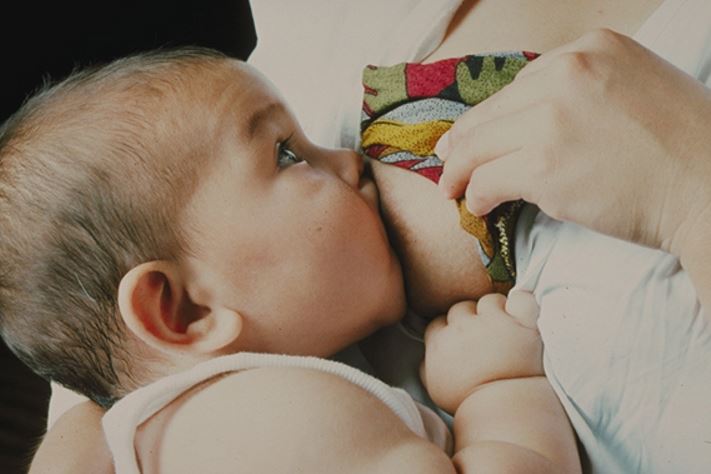
Short weekly update from the CEO of Public Health England (PHE), including:
- PHE providing support in Freetown,Sierra Leone, to the Sierra Leone Government as they come to terms with the loss and the aftermath of the landslide caused by severe flooding
- one year since the Government launched the Childhood Obesity Plan. The next phase of work begins – PHE has been asked by the Government to extend the focus to excess calorie consumption in children.
- Physical activity guidelines for adults- including the World Health Organisation Draft Global Action Plan on Physical Activity, which PHE contributed to.
- finalists for Finance for the Future Awards 2017 were announced this week – PHE has been shortlisted for the public and not for profit award.
- PHE’s annual conference takes place in four weeks time.



